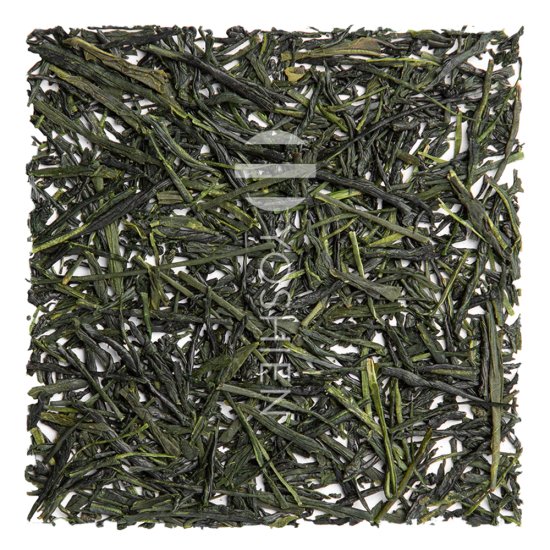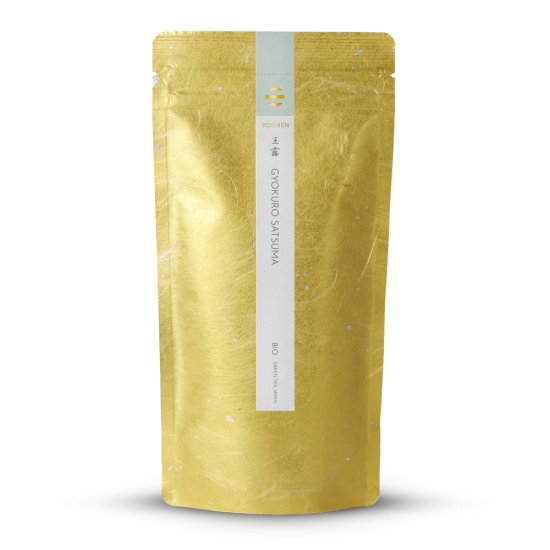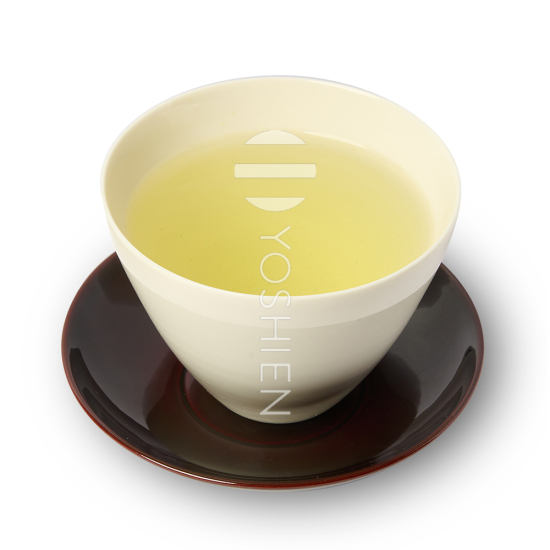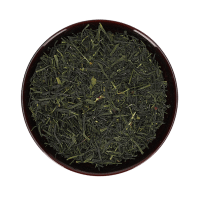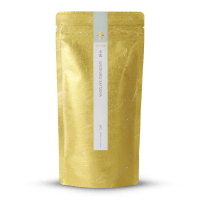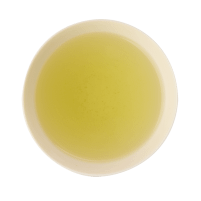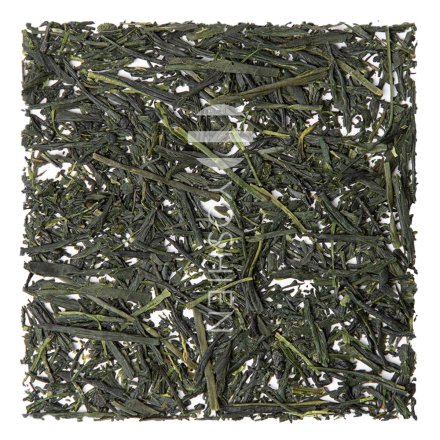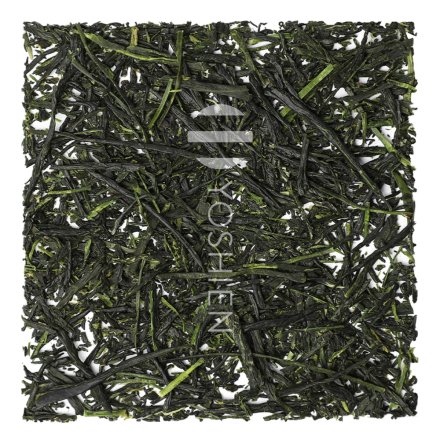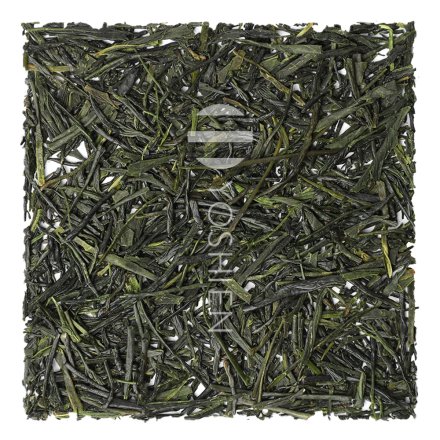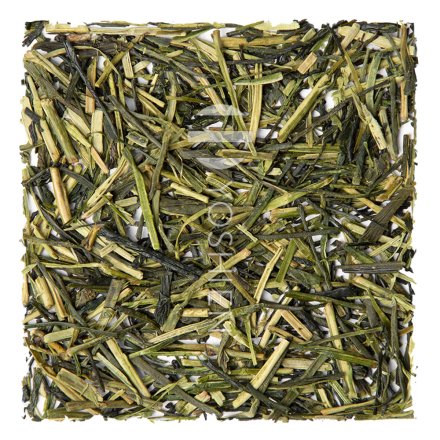Brewing Guide
2 heaped tsp per 200-300ml water (55-60°C), steep for 2 minutes. Suitable for several infusions.
Packaging
High quality, airtight, resealable standing zipper pouch with 9 protective layers to preserve flavour and protect against oxidation and contamination.
Recommended Teapot
The ideal teapot for Gyokuro is a Banko kyusu made from 100% violet original Banko clay. When fired, this famous clay brings out the best of the tea's flavour, amino acids, chlorophyll and other special compounds. Vintage kyusu from before 1990 could still be made from 100% original clay from the Banko region. Otherwise, a high-quality Shiboridashi, a handleless teapot popular among green tea lovers, is suitable for flavourful umami infusions.
Recommended Storage
The ideal tea caddy for this tea is one made from high-quality cherry bark (Kabazaiku Chazutsu). As a more affordable alternative, an airtight tea caddy with an inner coating is also an excellent option.






